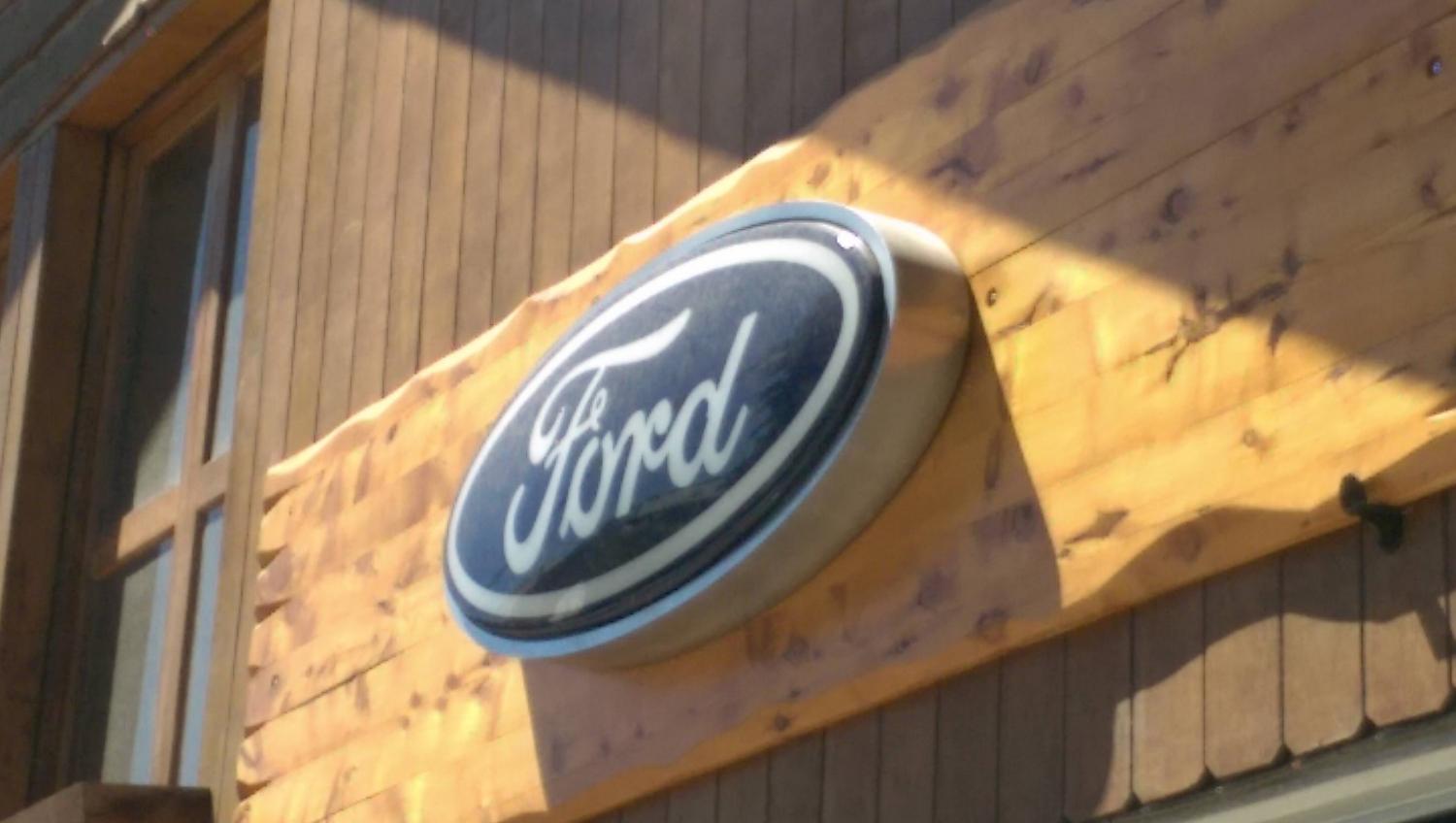
It is not easy being the American Legislative Exchange Council (ALEC) these days. The organization has long purported to be a non-partisan group dedicated to free markets and federalism that “puts the people in control.”
The reality, however, is that ALEC has been unmasked as a front for large corporations that seek to exert anti-worker and anti-environment legislation in both the federal and state governments across the U.S. In turn, advocacy groups including the Center for Media and Democracy exposed this Koch brothers-funded scheme for its relentless efforts to fund climate deniers and oppose any development of clean-energy technologies.
The companies that fund ALEC often become stuck in a public-relations nightmare once connections to the group are exposed. During the past few years, more than 100 companies and several influential nonprofits have cut ties with ALEC. The latest domino to fall is Ford Motor Co., which last fall revealed it was a financial contributor to ALEC.
Last November’s disclosure put Ford in an uncomfortable position, as the automaker has long touted its environmental and sustainability initiatives. Many of its initiatives are impressive, considering the automobile industry’s long history of opposing legislation related to automobile safety, environmental stewardship and fuel efficiency.
For several years, Ford has tinkered with alternative materials to make its cars more ecologically friendly, such as the use of upholstery made from recycled plastic bottles. The company promised to deploy what will be Michigan’s largest solar array within its suburban Detroit headquarters in order to do its part to address climate change. In a nod to changing consumer preferences, Ford has even said it will partner with GM to develop more fuel-efficient fuel systems. Here and abroad, Ford has also shown that it can be a responsible company: In India, for example, the company taught its customers how to be safer drivers and leveraged its technology and vehicles to improve the delivery of health care services in poor rural areas.
Therefore, the admission that Ford was a large funder of ALEC was at the very least puzzling and, at most, hypocritical in the eyes of some of the company’s stakeholders and customers. More citizens have become more discerning about the businesses from which they buy their products and services, and ties to ALEC left a black mark that could not be easily wiped away. The news also came at a most inopportune time, as more companies shed themselves of any ties to ALEC, including big pharma giant Johnson & Johnson, Internet commerce behemoth eBay and everyone’s favorite corporate punching bag, BP. Other companies that were once part of ALEC but have dropped their memberships include Google, Visa, Microsoft, McDonald’s and Shell.
Whatever one may think of the presidential candidacies of Donald Trump or Bernie Sanders, a stubborn fact remains: Their current level of support in part stems from the fact that many citizens are convinced government is only working for the wealthiest few and the best connected. ALEC’s impact on legislation across the country is one of those symptoms, and corporations have realized they have to match their words and deeds with the company they keep — or the lobbying groups they fund. Increasingly, the result is that ALEC is the odd man out.
Image credit: Leon Kaye

Leon Kaye has written for 3p since 2010 and become executive editor in 2018. His previous work includes writing for the Guardian as well as other online and print publications. In addition, he's worked in sales executive roles within technology and financial research companies, as well as for a public relations firm, for which he consulted with one of the globe’s leading sustainability initiatives. Currently living in Central California, he’s traveled to 70-plus countries and has lived and worked in South Korea, the United Arab Emirates and Uruguay.
Leon’s an alum of Fresno State, the University of Maryland, Baltimore County and the University of Southern California's Marshall Business School. He enjoys traveling abroad as well as exploring California’s Central Coast and the Sierra Nevadas.














